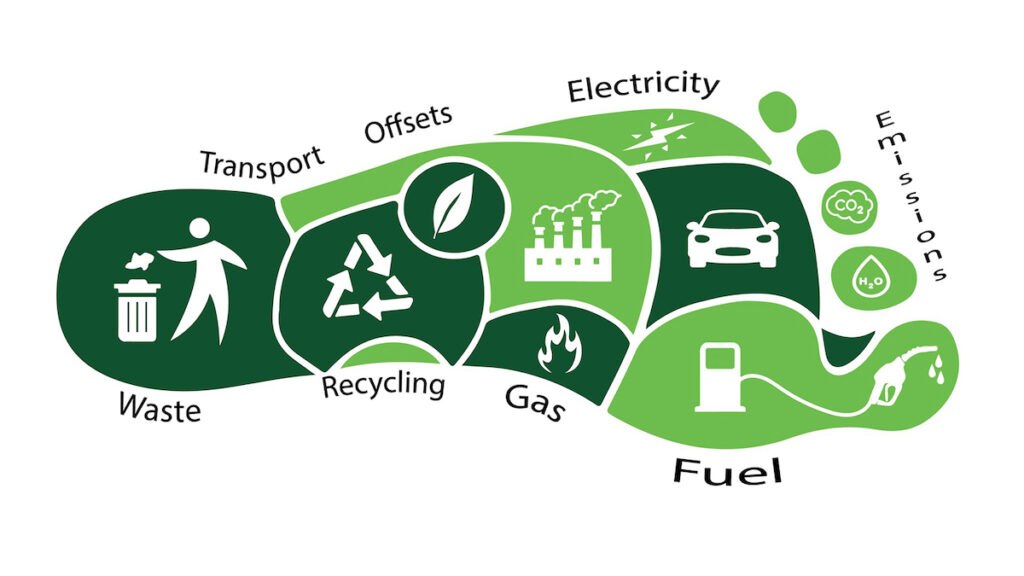By Mary Hammond, Chertsey Life
We are all aware of climate change and the effect it is having on our environment with chang-ing temperatures effecting all kinds of life as we know it. There is no doubt, we are not going to be able to walk back the problems we are facing in a short period of time and will take decades but there are small things we can do that can be-come part of our way of life going forward that will make a small difference at first and lead to bigger changes. Not all of us can go out and buy an electric car or put-up solar panels on our roof, but there are things we can do that will make a difference.
Here are some examples of things we can do in the short term that will have a larger effect in the long term.
Think Energy Efficient – Energy efficiently is a reality but it is also a mindset. The more we start thinking of how we can make our home more ener-gy efficient, the better. Add insulation and weath-erstripping to keep heat in – especially for doors, windows, attic and attic door. If you know you have areas where cold air gets in, take the time to seal it off.
Buy reuseable and refillable products – Many man-ufacturers are doing refillable products for washing liquids and other household items. Controlling our waste is one way that we can reduce our carbon footprint. Plastic is another manufactured product that is bad for the environment. Support companies that are using plastic alternatives and leading the change in our supermarket shopping.
Limit meat consumption, especially beef – if your household are big meat easters, introduce meatless Mondays. Implementing small changes to our habits can not only improve our digestive health but also our reliance on animal products. There are several plant based burgers and alternatives that not only are appetising but also can help sustainable farming and industries further down the food chain.
Use alternatives to peat-based products for the garden – when you are next at the garden centre ask about their non-peat compost or other products that can act as an alternative to peat. The benefit of peat is that it retains water and adds organic matter making it good for growing plants for the garden. There are other alternatives including pine needles, wood-based products and composted manure.
Pine Needles – Many homeowners are graced with a yard full of evergreens, making pine needles easy to come by. Pine needles make a readily available and renewable peat moss alternative. While pine needles can alter the texture of your soil, they do not significantly affect nutrient levels. The tannic acid in pine needles makes them acidic but does not necessarily affect the pH of the surrounding soil.
Wood-based Products (saw dust, bark and wood chips) The pH level in wood can be low, making the soil more acidic, which is good for acid-loving plants such as rhododendrons and azaleas, but not be the best option for plants that prefer a more alkaline environment.
When choosing a wood product, it is best to use ones that are made from byproducts of untreated, locally sourced wood and not products harvested from trees specifically for horticultural uses. Wood-based materials are relatively inexpensive. Many municipalities also offer free wood chips for resi-dents to use.
Composted Manure – Compost is chock-full of beneficial microbes and nutrients and is commonly referred to as “black gold.” Made from the break-down of yard and kitchen waste, compost is rich in microorganisms that are beneficial for the soil. “Black gold” helps with drainage, attracts benefi-cial earthworms, and provides nutritional value. If you have the ability to start your own compost, your garden and growing plants will benefit hugely for your efforts.

